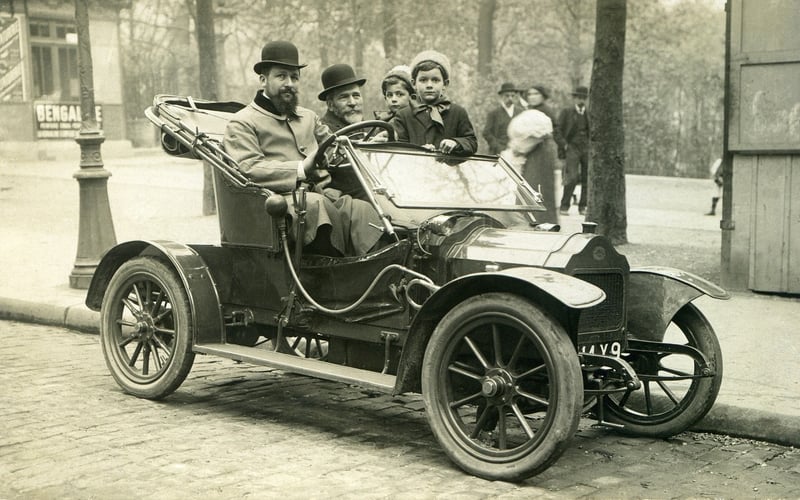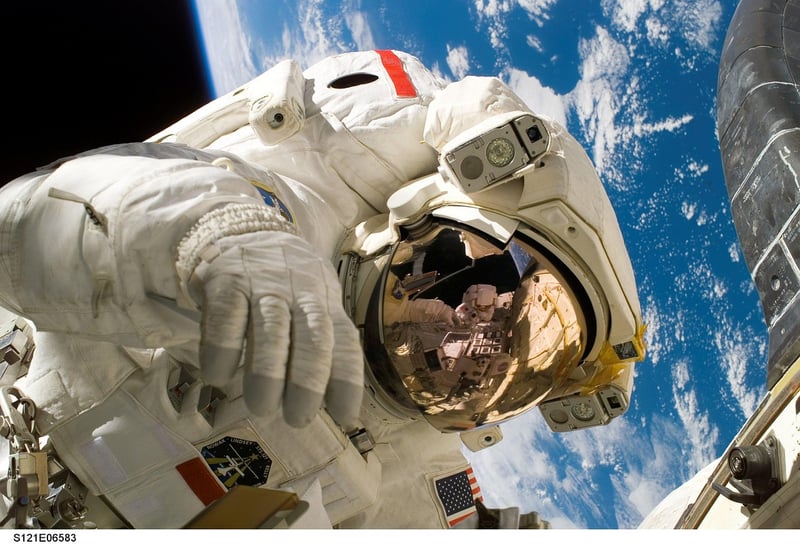Historical Events
Exploring Diverse Time Periods and Historical Events
Understanding history is crucial to comprehend the present and shape the future. Delving into diverse time periods and historical events provides a window into the past, offering insights into the triumphs, challenges, and evolution of societies across the globe. Let's take a journey through some significant historical eras and events that have shaped the world we live in today.
Ancient Civilizations:
Ancient civilizations like Mesopotamia, Egypt, Greece, and Rome laid the foundation for modern society. From the invention of writing and the development of complex governance structures to architectural marvels like the pyramids and the Colosseum, these civilizations left a lasting legacy that continues to influence art, culture, and governance.

The Age of Exploration:
The Age of Exploration in the 15th and 16th centuries saw European explorers like Christopher Columbus, Vasco da Gama, and Ferdinand Magellan traverse the seas in search of new trade routes and territories. This period not only led to the discovery of new lands but also sparked cultural exchanges and the globalization of trade.

The Industrial Revolution:
The Industrial Revolution, which began in the late 18th century, transformed economies and societies through the mechanization of production processes. Inventions like the steam engine and the spinning jenny ushered in an era of mass production, urbanization, and technological advancements that reshaped the world's economic landscape.

World Wars:
The 20th century witnessed two devastating World Wars that reshaped global politics, borders, and alliances. World War I and World War II had profound impacts on the social, economic, and geopolitical fabric of nations, leading to the rise of new superpowers and the establishment of international organizations like the United Nations.

The Space Age:
The Space Age, which began in the mid-20th century with the launch of Sputnik by the Soviet Union, marked a new era of human exploration beyond Earth. Milestones like the Moon landing in 1969 and the construction of the International Space Station have expanded our understanding of the universe and opened up possibilities for future space exploration.

Exploring diverse time periods and historical events allows us to appreciate the rich tapestry of human experience and learn from the successes and failures of the past. By studying history, we gain valuable insights that can inform our decisions and actions in the present, shaping a better future for generations to come.
Let's continue to uncover the stories of our past and celebrate the resilience, ingenuity, and diversity of human civilization throughout the ages.
